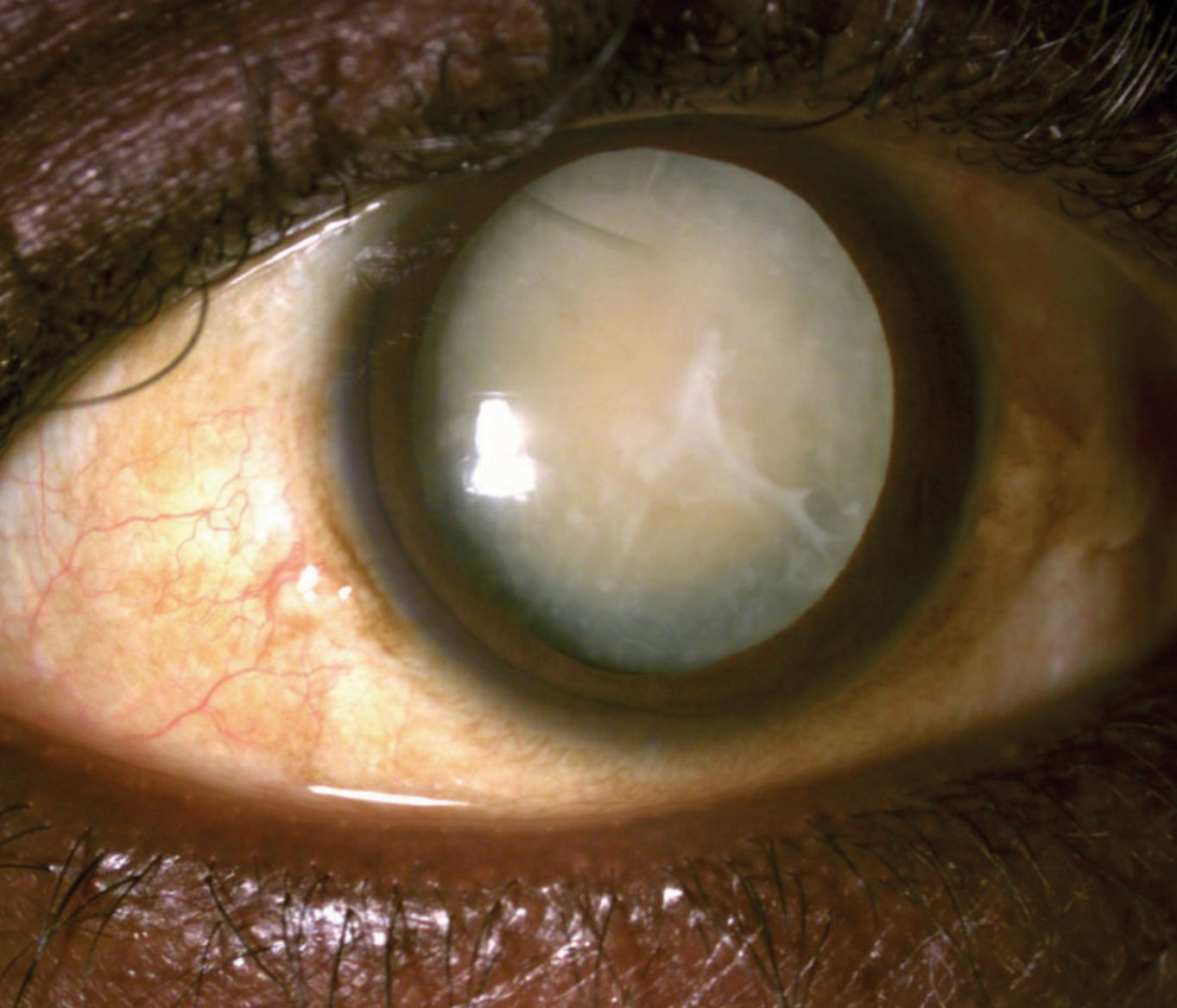 |
| Study shows that 94% of patients having undergone immediate bilateral surgery would recommend the same to friends and family. Photo: Joseph W. Sowka, OD. Click image to enlarge. |
Surgeons now operate in a context of heightened expectations for outcomes regardless of whether a patient has chosen a premium IOL, and many have discussed about improving patient satisfaction with cataract surgery by managing patient expectations.
“Although it is the patient who stands to benefit from the convenience of the immediate procedure and has to bear the consequences from any complications, there are few studies of patient experience with this surgical option,” researchers at Kaiser Permanente in Northern California noted.
The team conducted a study was to understand patient experiences and decision-making regarding immediate sequential bilateral cataract surgery in the era of heightened patient expectations about refractive results following the procedure. The study reported high levels of satisfaction in patients who underwent the immediate surgery and the majority of them would recommend the procedure to a friend or family member. Of the immediate bilateral cataract surgery patients surveyed, 96% would choose that procedure again, while 80% of delayed bilateral surgery patients would choose their procedure again.
The survey asked 1,290 cataract surgery patients (672 immediate and 618 delayed) reasons for choosing their specific procedure, concerns about cataract surgery and whether the loss of opportunity to modify the surgical plan for the second eye affected their decision to undergo immediate sequential bilateral cataract surgery.
Among the immediate surgery patients, 65% indicated they chose it because of convenience, with the second largest reason identified being surgeon recommendation (56%). For the delayed surgery patients, recommendation of the surgeon was by far the most common reason chosen (68%). Still, 94% of patients having undergone immediate bilateral surgery would recommend the same to friends and family, whereas only 68% the delayed surgery patients would recommend DSBCS to friends and family. More delayed surgery patients (20%) than immediate (4%) indicated that, if suitable, they would change to the other format for cataract surgery.
The researchers note that, for suitable patients, immediate sequential bilateral cataract surgery is an option that is efficient for healthcare systems and cataract surgeons, convenient for patients and has been shown to have high levels of patient satisfaction.
However, they also recognize that presenting that surgical option may increase the complexity of preoperative surgical decision-making. The team considers whether using a personalized decision aid that incorporates ocular comorbidity burden and any potential refractive benefit of delayed surgery will help decide between the two bilateral surgery procedures and result in improved patient satisfaction.
Carolan JA, Amsden LB, Lin A, et al. Patient experience and satisfaction with immediate sequential and delayed sequential bilateral cataract surgery. Am J Ophthalmol. September 25, 2021. [Epub ahead of print]. |

